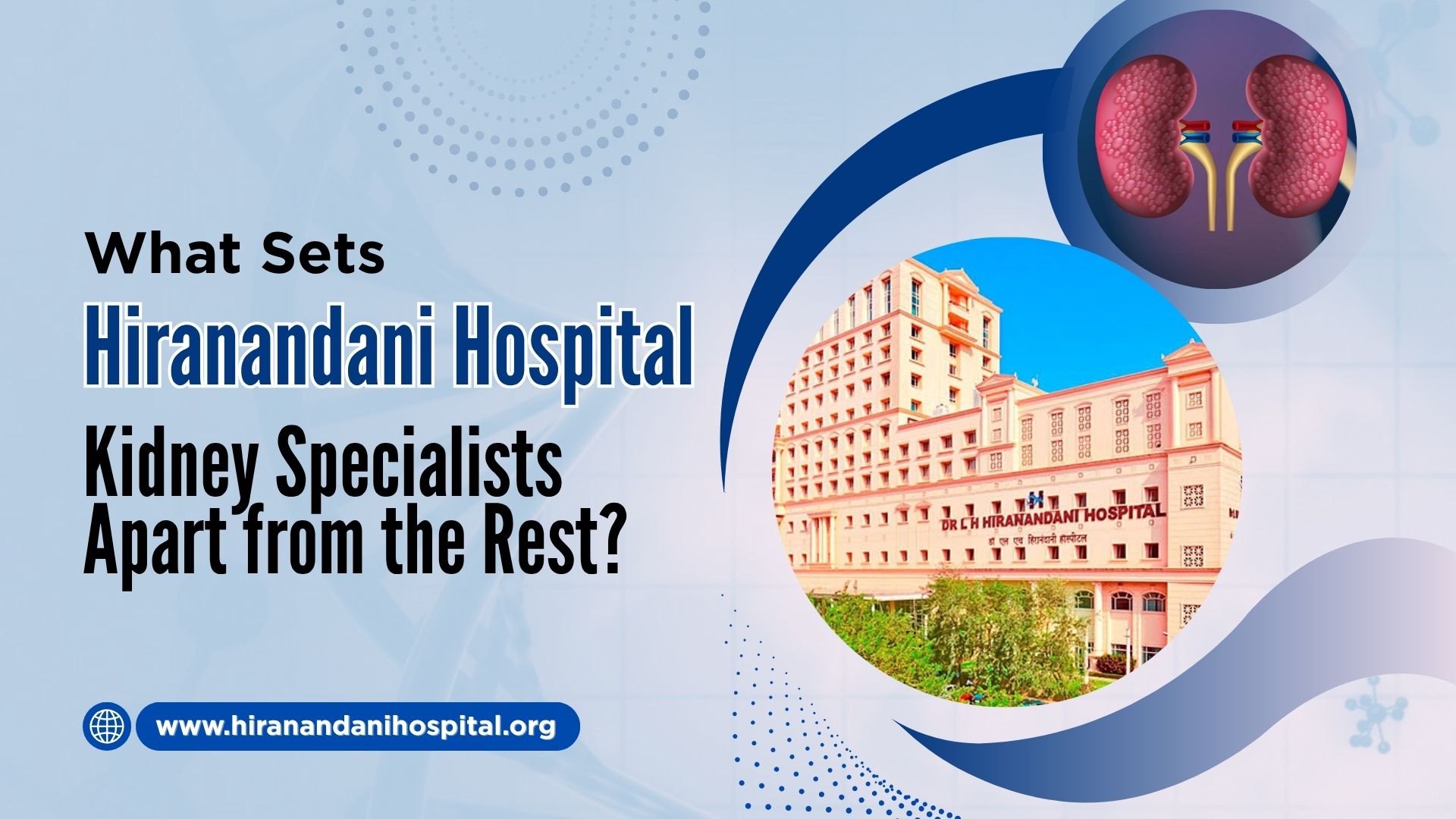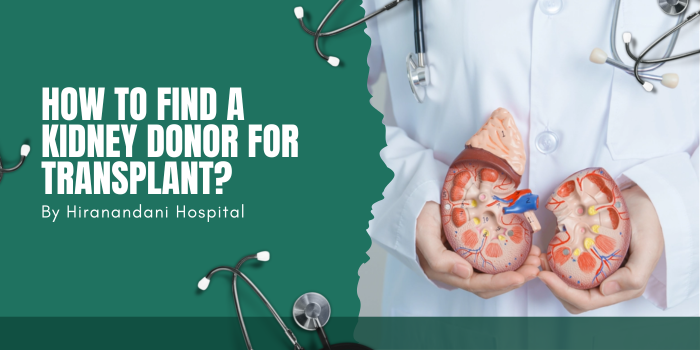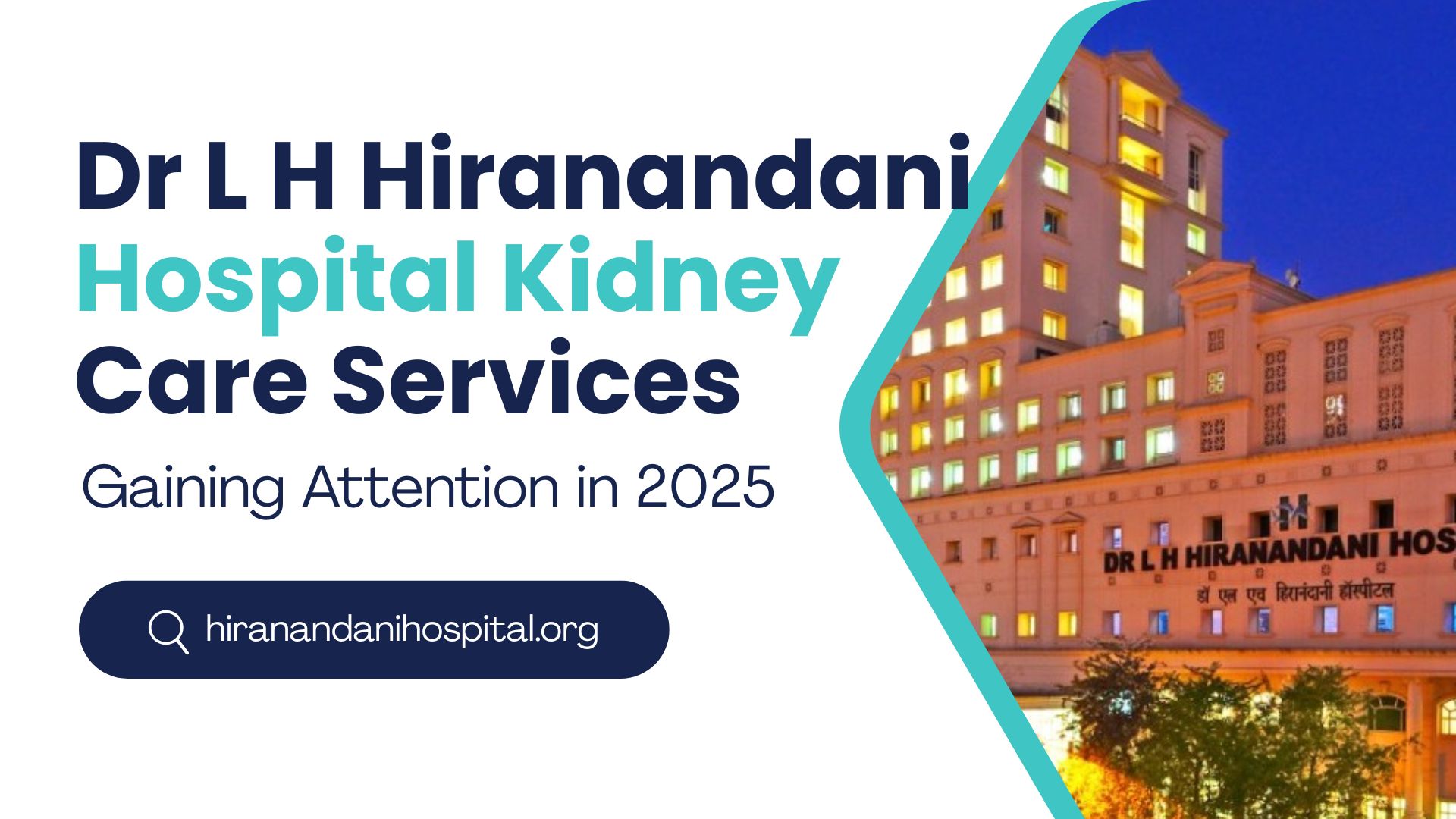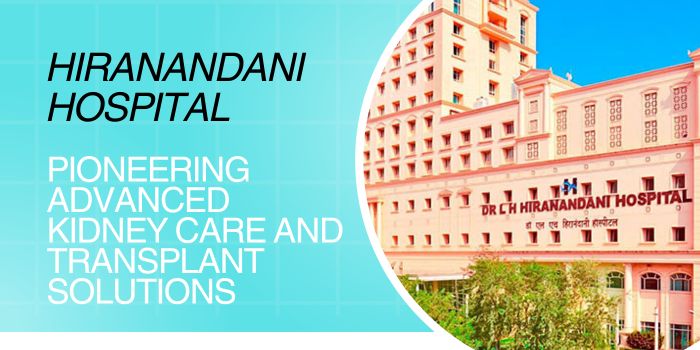 HARO Backlinks – Get Cited Like a Pro in Top Media!
HARO Backlinks – Get Cited Like a Pro in Top Media!
20 Common Questions about Kidney Transplant
Written by Hiranandani » Updated on: June 17th, 2025 231 views

Kidney transplants are life-saving procedures that offer a new lease on life to individuals suffering from end-stage renal disease. This comprehensive guide aims to address 20 Common Questions about Kidney Transplants, providing detailed, accurate, and helpful information for those considering or preparing for this critical surgery. With insights based on first-hand knowledge and credible sources, this article will explore various aspects of kidney transplantation, ensuring you have all the information you need.
Benefits Of Kidney Transplants: Improved Quality Of Life
One of the primary benefits of kidney transplants is the significant improvement in the quality of life. Recipients often experience increased energy levels, better physical health, and the ability to engage in activities they might have previously avoided. Unlike dialysis, which can be time-consuming and restrictive, a successful kidney transplant can restore normal kidney function, allowing individuals to live more freely and with greater independence.
Risks Involved: Potential Complications
While kidney transplants offer numerous benefits, they also come with potential risks and complications. These may include infection, bleeding, or blood clots immediately following surgery. Long-term complications can involve chronic rejection of the donor kidney or side effects from immunosuppressive medications. It's essential for patients to be fully aware of these risks and to work closely with their healthcare team to manage and mitigate them.
Eligibility Criteria: Who Can Be A Donor?
Eligibility for kidney donation depends on several factors, including the donor's overall health, age, and compatibility with the recipient. Both living and deceased individuals can be donors. Hiranandani Hospital kidney transplant program provides extensive medical evaluations to ensure donors can safely donate a kidney. Deceased donor kidneys are allocated based on factors such as blood type, tissue match, and waiting time on the transplant list.
Preparing For Surgery: Pre-transplant Evaluation
Before undergoing a kidney transplant, recipients must go through a comprehensive pre-transplant evaluation. This process includes medical tests, imaging studies, and consultations with various specialists to ensure the patient is a suitable candidate for the procedure. The kidney transplant Hiranandani Hospital program provides thorough evaluations to identify any potential issues that could complicate surgery or post-transplant recovery.
The Transplant Procedure: Surgical Steps
The kidney transplant procedure involves several critical steps. First, the patient is put under general anesthesia. The surgeon then makes an incision in the lower abdomen and places the donor kidney into the patient's body. The blood vessels of the new kidney are connected to the patient's blood vessels, and the ureter (the tube that carries urine) is connected to the bladder. The surgery typically takes about three to four hours.
Post-transplant Care: Immediate Post-surgery Care
Immediate post-surgery care is crucial for the success of the transplant. Patients are monitored closely in the hospital for any signs of complications, such as infection or organ rejection. Hiranandani Hospital kidney transplant program offers comprehensive post-surgery care, including medications to suppress the immune system and prevent rejection of the new kidney. This period also involves managing pain and beginning the process of physical recovery.
Recovery And Rehabilitation: Long-term Recovery
Long-term recovery from a kidney transplant involves regular follow-up appointments with the transplant team to monitor kidney function and overall health. Patients must adhere to a strict medication regimen to prevent rejection and manage any side effects. Rehabilitation may also include physical therapy to regain strength and improve mobility.
Medication Management: Immunosuppressive Drugs
Post-transplant, patients are required to take immunosuppressive drugs for life to prevent their immune system from attacking the new kidney. These medications can have significant side effects, such as increased susceptibility to infections and potential damage to other organs. Regular monitoring and adjustments to the medication regimen are essential to balance preventing rejection and minimizing side effects.
Dietary Considerations: Nutritional Guidelines
Maintaining a healthy diet is vital for kidney transplant recipients. Nutritional guidelines typically include consuming a balanced diet rich in fruits, vegetables, lean proteins, and whole grains. Patients should avoid foods high in salt, sugar, and unhealthy fats to support their overall health and the function of the new kidney.
Physical Activity Post-transplant: Exercise Recommendations
Physical activity plays a crucial role in the recovery and long-term health of kidney transplant recipients. Exercise helps improve cardiovascular health, maintain a healthy weight, and boost overall well-being. Patients are encouraged to start with gentle activities, such as walking, and gradually increase the intensity and duration of their exercise routine as they recover.
Psychological Impact: Mental Health Support
The psychological impact of a kidney transplant can be significant. Patients may experience a range of emotions, from relief and happiness to anxiety and depression. Access to mental health support, including counseling and support groups, can help patients navigate these emotions and adjust to life post-transplant.
Financial Aspects: Cost And Insurance Coverage
The cost of a kidney transplant can be substantial, covering pre-transplant evaluations, surgery, hospitalization, post-transplant care, and lifelong medications. Insurance coverage varies, and it's important for patients to understand their policy's specifics and explore additional financial assistance options if needed.
Success Rates: Statistical Insights
Success rates for kidney transplants have improved significantly over the years due to advancements in medical technology and post-transplant care. On average, the one-year survival rate for transplanted kidneys is around 95%, while the five-year survival rate is approximately 85%. These statistics underscore the effectiveness of kidney transplantation as a treatment for end-stage renal disease.
Myths And Facts: Common Misconceptions
There are several myths and misconceptions surrounding kidney transplants. Some believe that donors cannot lead a normal life post-donation, or that the recipient's lifestyle must be extremely restricted. In reality, donors can live healthy lives with one kidney, and recipients can enjoy a high quality of life with proper care and adherence to medical advice.
Living Donor Vs. Deceased Donor: Comparison Of Donor Types
Both living and deceased donor kidneys have their advantages and challenges. Living donor kidneys generally function better and last longer because the surgery can be planned, and the kidney is often healthier. However, finding a suitable living donor can be challenging. Deceased donor kidneys are more readily available but may come with a higher risk of complications due to the circumstances of the donor's death.
Organ Rejection: Signs And Symptoms
Organ rejection occurs when the recipient's immune system attacks the transplanted kidney. Signs and symptoms of rejection include fever, pain or tenderness over the transplant site, reduced urine output, and swelling. Early detection and treatment are crucial to prevent irreversible damage to the new kidney.
Second Transplants: When Are They Necessary?
In some cases, a second kidney transplant may be necessary if the first transplant fails. This can occur due to chronic rejection, recurring disease, or other complications. The process for a second transplant is similar to the first, but it may involve additional challenges, such as finding a suitable donor and managing previous surgical sites.
Pediatric Kidney Transplants: Special Considerations For Children
Pediatric kidney transplants require special considerations due to the unique needs of children. Factors such as growth, development, and the ability to understand and adhere to a post-transplant regimen must be addressed. Pediatric transplant teams work closely with families to ensure the best outcomes for young patients.
Kidney Transplant Waiting List: How It Works?
The kidney transplant waiting list is managed by national and regional organizations that allocate organs based on medical criteria. Factors such as blood type, tissue match, and waiting time are considered when assigning kidneys to patients. The waiting time can vary significantly, and patients are encouraged to stay healthy and keep in regular contact with their transplant center while waiting.
Innovations In Kidney Transplants: Latest Medical Advances
Recent innovations in kidney transplantation include advancements in surgical techniques, improved immunosuppressive medications, and the potential use of artificial kidneys. Research is ongoing to develop new methods to reduce the risk of rejection and improve long-term outcomes for transplant recipients.
Global Perspectives: Kidney Transplants Around The World
Kidney transplantation practices and success rates vary around the world due to differences in healthcare systems, availability of donors, and medical expertise. Some countries have higher rates of living donor transplants, while others rely more on deceased donors. International collaboration and knowledge sharing are essential to improve outcomes globally.
Support Systems: Patient And Family Resources
Support systems for kidney transplant patients and their families are crucial for successful outcomes. These can include counseling services, support groups, educational materials, and financial assistance programs. Access to comprehensive support helps patients and their families navigate the challenges of the transplant journey.
Legal And Ethical Issues: Consent And Donor Rights
Legal and ethical issues in kidney transplantation involve obtaining informed consent from donors, ensuring donor rights, and preventing organ trafficking. Strict regulations and oversight are necessary to protect both donors and recipients and maintain public trust in the transplant system.
Preparing For Life Post-transplant: Lifestyle Adjustments
Adjusting to life after a kidney transplant involves several lifestyle changes, including adhering to medication regimens, maintaining a healthy diet, and staying active. Ongoing education and support from the transplant team can help patients make these adjustments and enjoy a high quality of life with their new kidney.
Faqs
How Long Does A Kidney Transplant Last?
The longevity of a transplanted kidney varies, but on average, a kidney from a living donor lasts 15-20 years, while one from a deceased donor lasts 10-15 years.
Can I Lead A Normal Life After A Kidney Transplant?
Yes, many kidney transplant recipients lead normal, healthy lives with proper medical care and lifestyle adjustments.
What Are The Signs Of Kidney Transplant Rejection?
Signs of rejection include fever, pain or tenderness over the transplant site, reduced urine output, and swelling.
How Is The Donor Kidney Matched To The Recipient?
The donor kidney is matched based on factors such as blood type, tissue match, and waiting time on the transplant list.
Is It Possible To Have More Than One Kidney Transplant?
Yes, if a kidney transplant fails, a second transplant may be considered.
How Can I Stay Healthy While Waiting For A Kidney Transplant?
Staying healthy involves maintaining a balanced diet, regular exercise, and keeping in regular contact with your transplant center.
Conclusion
Kidney transplantation is a life-changing procedure that offers hope and a new beginning for those suffering from end-stage renal disease. By understanding the 20 Common Questions about Kidney Transplant, patients and their families can make informed decisions and prepare for the journey ahead. With advances in medical technology and comprehensive support systems, the future for kidney transplant recipients looks brighter than ever.
Note: IndiBlogHub features both user-submitted and editorial content. We do not verify third-party contributions. Read our Disclaimer and Privacy Policyfor details.
Copyright © 2019-2025 IndiBlogHub.com. All rights reserved. Hosted on DigitalOcean for fast, reliable performance.

















